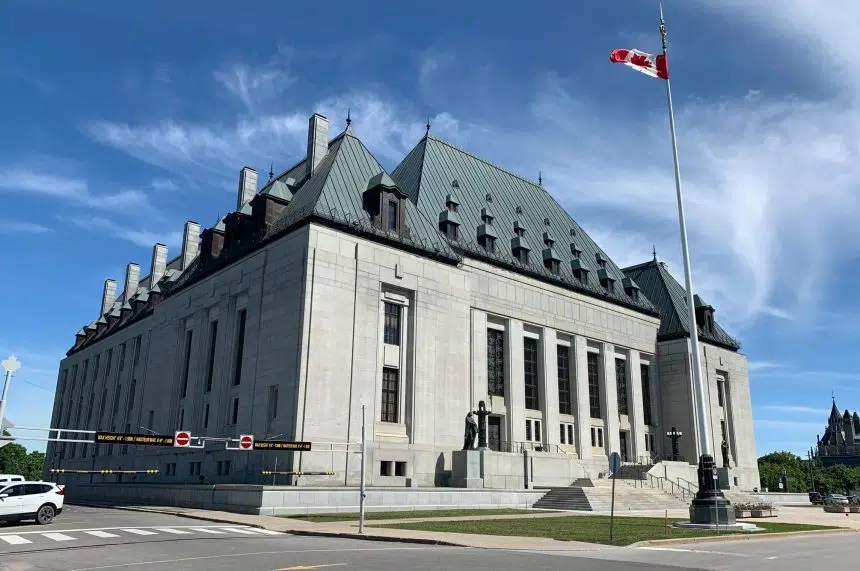Saskatchewan is once again going to court to argue against the federal government.
On Wednesday and Thursday, representatives of Saskatchewan and every other province and territory in Canada — with the exception of Prince Edward Island and Nova Scotia — are to be in the Supreme Court of Canada to argue that the federal Impact Assessment Act (IAA) exceeds federal jurisdiction under Section 92A of the Constitution Act and is unconstitutional.
Saskatchewan will be an intervenor in the case.
Last May, the Alberta Court of Appeal ruled 4-1 that the IAA and its regulations were unconstitutional and threatened the rights of provinces to control their resources. The federal government appealed that decision to the Supreme Court.
“Last spring, the Alberta Court of Appeal held that, with the IAA, the federal government had taken a ‘wrecking ball’ to exclusive provincial jurisdiction under 92A,” Bronwyn Eyre, Saskatchewan’s justice minister and attorney general, said in a media release Monday.
“This is precisely the kind of continued, unconstitutional, federal infringement that led to our passing the Saskatchewan First Act. Clearly, most provinces agree that the IAA is a significant federal overreach that will stop future infrastructure and resource development in Canada.”
The IAA used to be known as Bill C-69 and was dubbed the “no more pipelines” bill. The act, which received royal assent in 2019, authorizes federal regulators to determine the effects major infrastructure projects — including pipelines, mines and highways — have on environmental and social issues.
“Saskatchewan’s position is that this federal legislation constitutes an unconstitutional infringement of exclusive provincial jurisdiction in the area of resource development,” the Saskatchewan government said in a media release.
“Under the Constitution Act, provinces have exclusive jurisdiction over the development of natural resources, including their provincial environmental regulation.”
Saskatchewan recently intervened in another case involving the federal government and previously went to the Supreme Court to argue the federal carbon tax was unconstitutional. The country’s top court found in favour of the feds in that latter case.











